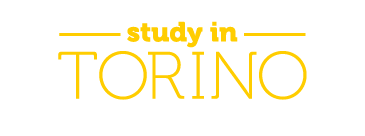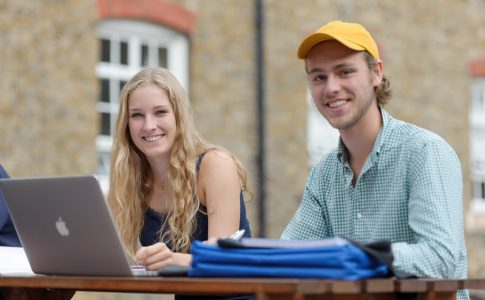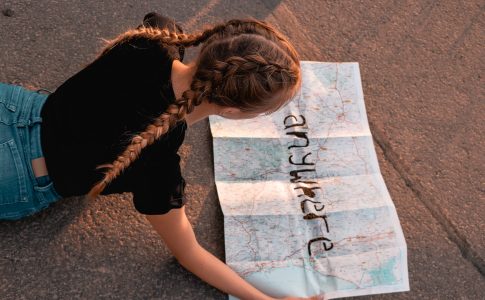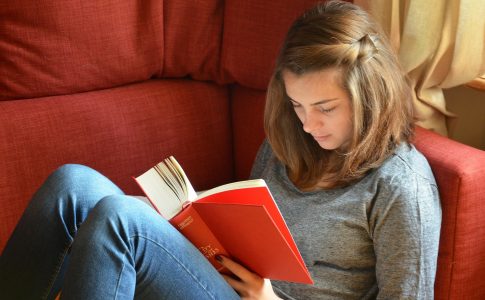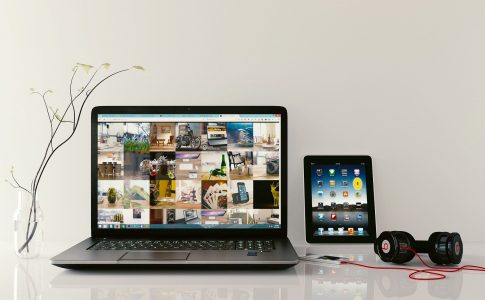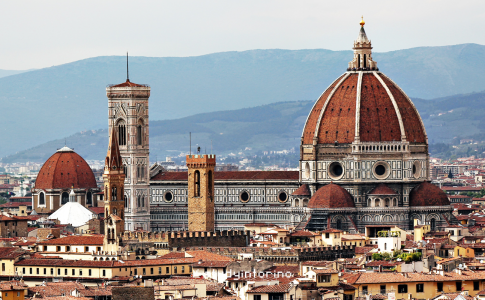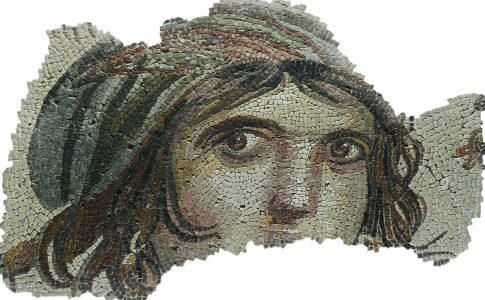We are proud of our heritage, of the millenary culture we fiercely defend and of the artistic works the greatest artists of the country created, but you cannot make a living out of art in Italy. Why is it so difficult to do in a country that can boast 55 UNESCO World Heritage Sites? One of them is a Piedmontese pride: Ivrea, headquarter of Olivetti and industrial city of the 20 th century.
How is it possible that in the country with the most World Heritage Sites artists have basically no rights? A degree from an Academy of Fine Arts is only
equivalent to one regularly recognized from a university. Welcome to the world of AFAM – Alta Formazione Artistica, Musicale e Coreutica, born in 1999, where the labs are unfit for use and the funds do not arrive. The majority of the teaching body does not have a permanent position, year after year their chairs are vacant.
They sign term contract that, due to the many delays and postponements of MIUR, cannot guarantee stability in teaching and this influences students as well, who must often change teachers after the beginning of the academic year. On one side, we have AFAM precarious workers who do not have childcare leave nor sick leave; on the other, students from all of Italy who are not considered university students and do not have the rights tied to this recognition.
We can read on the website of the Ministry for Education, that certainly is not in a positive moment, that “The Ministry contributes yearly to the financial support of AFAMs through several funding lines”, followed by the various contributes to improve teachings, funds for substitute teachers and for equipment. Students, though, are still waiting for an answer from the Ministry (once again there is a delay) regarding the approval of the new study plans. The academic year is about to begin and everything is still uncertain. The Ministerial Decree of the Ministry for University and Research of 14 July 2020 set the distribution criteria of the “Fund for the emergency necessities of Universities, ATAF and research centres”, which allocated 9 million euros for public ATAFs and 1 million for private ATAFs.
The academies of fine art and the conservatories used to be just like universities, but the fascist regime made them into educational institutions, downgrading their situation. Only at the end of the 90s did they gain equivalence to universities and were they put under the supervision of the Ministry for University and Research, a difficult story right from the start. The recognition from universities of the academical credits, the so called CFAs, is a complex procedure and often those credits do not count in universities.
Often people think that art cannot be anything but a hobby, something to pass the time with, but for many professionals it is a job that has to be recognized just like any other. We are not able to appreciate the beauties of our country, we are not able to manage the funds allocated to art and culture, maybe the reason is that there is the prejudice that nothing can be gained from art but it is not true: art is moving toward an impressive digitalization. Art Industries exist and make millions: augmented reality, technological equipment for a completely safe museum experience, 3D technologies. Expressive models are adapting to any situation, but it looks like the art market is fated to remain prerogative of few chosen ones.
We should start from recognizing the fundamental rights of students and teachers and then we can learn to appreciate the artistic heritage of our country.
Such heritage needs graduates from the 20 academies who know how to appreciate and care for what has been left on its own for so long. A state that
allocates only 4.1% of its GDP to education cannot consider it as a main player in the growth and formation of artistic minds that can better Italy.
